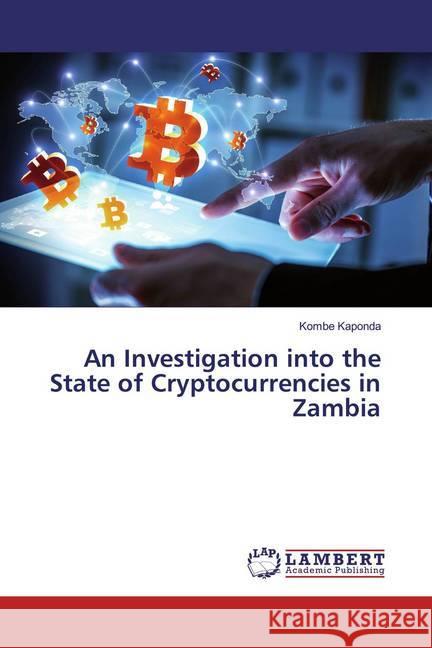An Investigation into the State of Cryptocurrencies in Zambia » książka
An Investigation into the State of Cryptocurrencies in Zambia
ISBN-13: 9786139831630 / Angielski
In the aftermath of the 2008 global financial crisis (GFC), and the catastrophic scale of regulatory failures, much attention has been paid to the various financial system regulation currently in force across all economies in the world. As a reaction to GFC, several countries have moved or are moving towards risk based regulation of both physical and digital money in order to foresee and avoid another global financial meltdown. Cryptocurrencies and particularly Bitcoin came up in 2009 just after the GFC and have since been also been discussed globally as having the potential to disrupt the way financial services currently operate. They bring about secure, always available, peer to peer and decentralized payment methods that have some distinct advantages over the traditional methods of payments. Cryptocurrencies are a variant of digital asset designed to work as a medium of exchange that uses strong cryptography to secure financial transactions at lower transaction fees and eliminates the need for a central intermediary and any bank charges but pose urge challenges for regulators in Zambia and the world over.











